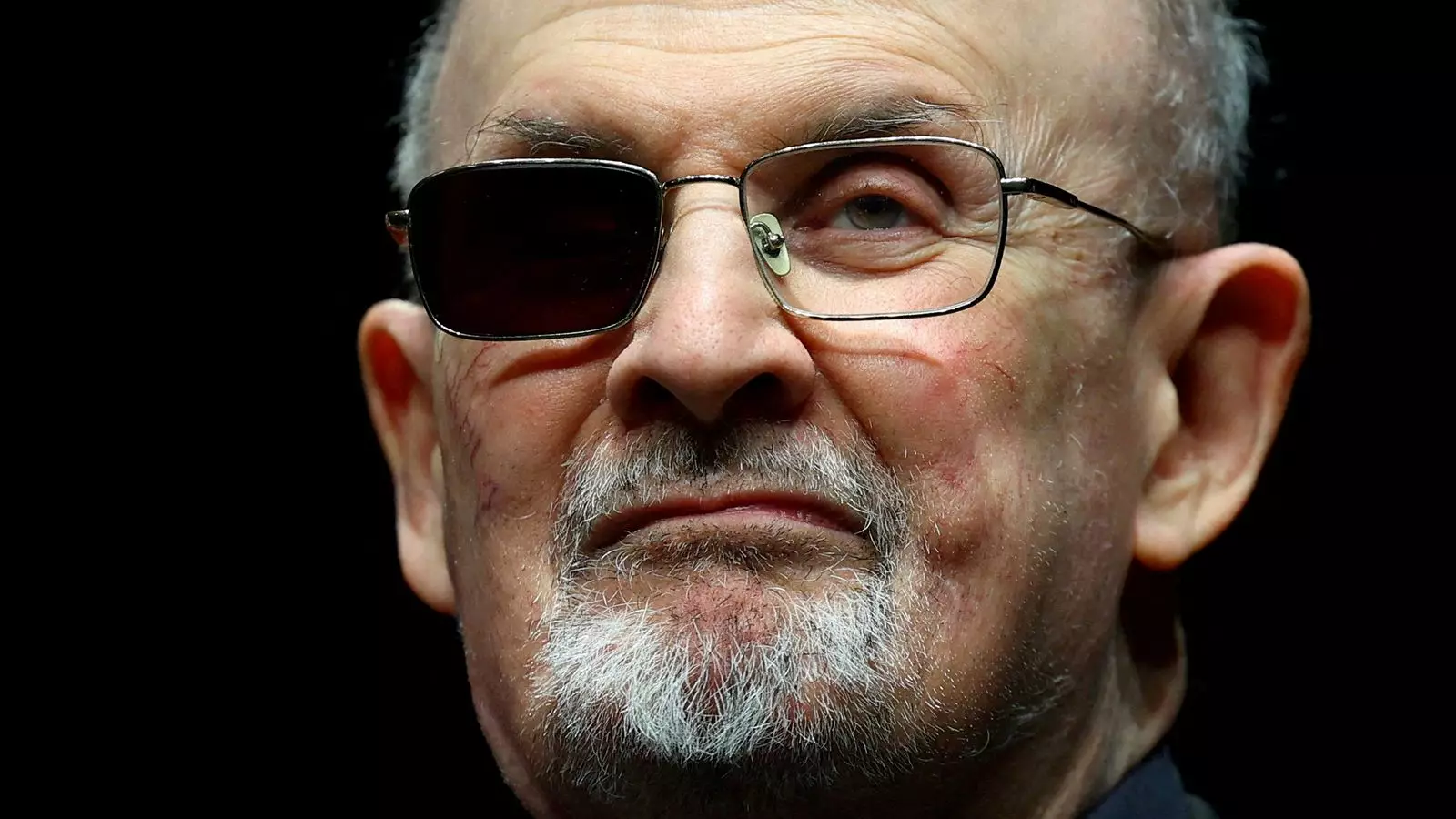In a society where free expression is fundamental, the violent assault on acclaimed author Sir Salman Rushdie raised serious concerns about the threats faced by writers and artists. On August 12, 2022, Rushdie was preparing to deliver a speech at the Chautauqua Institution in New York when he was brutally attacked by Hadi Matar, a 27-year-old man who has since been convicted of attempted murder. The incident not only underscores the ongoing dangers associated with controversial literature but also highlights the deep-rooted issues of intolerance and extremism.
The attack was swift and shocking. Witnesses reported how Matar lunged onto the stage and stabbed Rushdie multiple times, a premeditated act in full view of an astonished audience. The gravity of the assault was reflected in the severity of Rushdie’s injuries: he suffered numerous knife wounds, including critical damage to his liver and intestines, permanent loss of vision in one eye, and significant harm to one hand. This not only marked a physical assault on the author but an assault on free speech itself.
Following a trial in Chautauqua County court, a jury took less than two hours to reach a verdict, finding Matar guilty of attempted murder and assault. The rapidity of the verdict indicates the overwhelming evidence presented against Matar. District Attorney Jason Schmidt effectively illustrated the unprovoked nature of the attack and emphasized how the assailant had intentionally targeted Rushdie amid a crowd—an important factor that contributed to the jury’s decision.
Defense counsel argued that the prosecution failed to conclusively demonstrate that Matar intended to kill Rushdie. However, as Schmidt argued, the sheer number of stab wounds to vital areas such as the head and neck suggested a clear intention to inflict severe harm or even death. The jury chose to focus on the severity of the act rather than the complexity of Matar’s intentions, ultimately determining that his actions were not just violent but maliciously calculated.
The implications of this trial extend far beyond mere legal punishment. Sir Salman Rushdie has long been a symbol of literary courage against oppressive regimes and ideologies. His past experiences—including living in hiding throughout much of the 1990s due to a fatwa issued against him—give context to the physical and psychological impacts of this recent attack. In recounting his traumatic experience on the stand, Rushdie shared not only his awareness of the violence but also the chilling realization that he might die that day. This moment of vulnerability reveals a human side to a figure often regarded through the lens of his literary accomplishments.
The aftermath of the attack has sparked discussions regarding the safety of public figures, especially those who challenge the status quo through their work. It raises critical questions about how societies should protect free expression while confronting acts of terrorism and violence that aim to silence dissent. As Rushdie himself noted during the trial, the world is navigating a delicate balance where artistic freedom and personal safety clash.
The Path Forward
With Matar facing a potential sentence of 25 years in prison, the judicial outcome offers some semblance of justice for Rushdie and advocates for freedom of expression. However, this incident remains a powerful reminder of the precarious environment in which many artists and writers operate. It serves as an urgent call to action for society as a whole to champion the protection of free speech and resist the forces that seek to undermine it.
While the conviction of Hadi Matar signifies a legal victory, it is just the beginning of a broader, ongoing struggle against intolerance and violence aimed at voices of dissent. The attack on Salman Rushdie is emblematic of larger societal issues that require sustained vigilance, dialogue, and proactive measures to ensure that no voice is silenced. As we reflect on this incident, it becomes evident that the fight for freedom of expression is far from over—it’s a battle that requires collective commitment from all corners of society.

